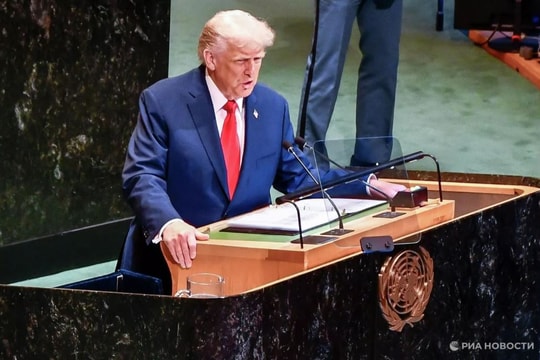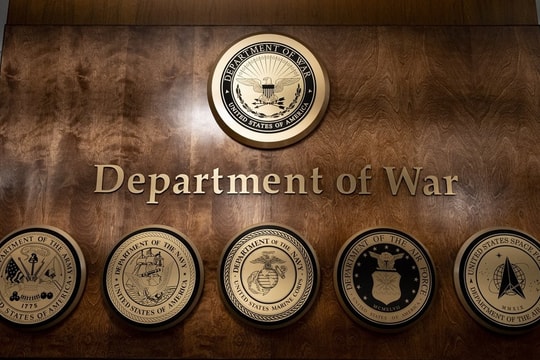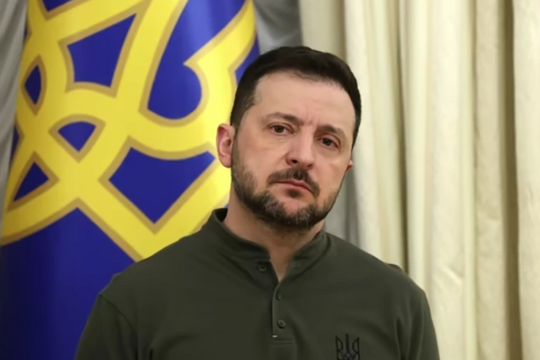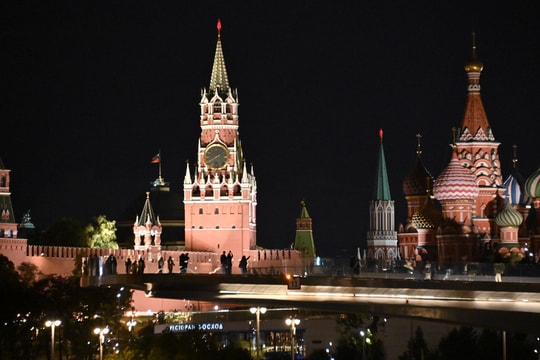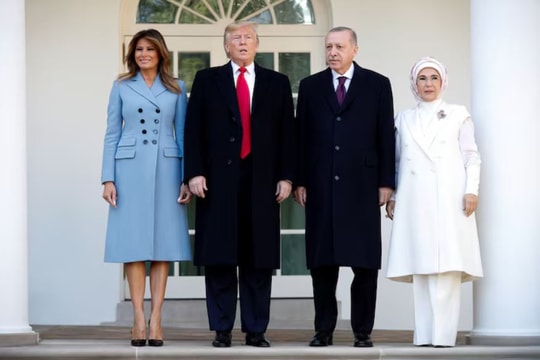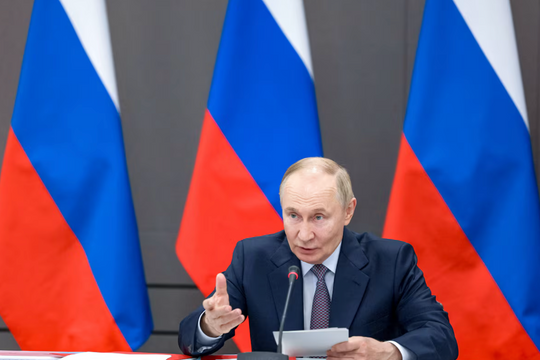Gulf crisis and 48 hours of 'fire'
(Baonghean) - On July 3, Saudi Arabia and its allies agreed to extend the deadline for Qatar to implement the ultimatum of 13 demands from these countries by 48 hours, or else face new sanctions. Despite the extra time, Qatar has shown no signs of "indulging" the Gulf countries. On the contrary, Saudi Arabia and its allies have remained steadfast in their tough stance. Will Qatar and the Arab countries make concessions after the 48-hour extension?
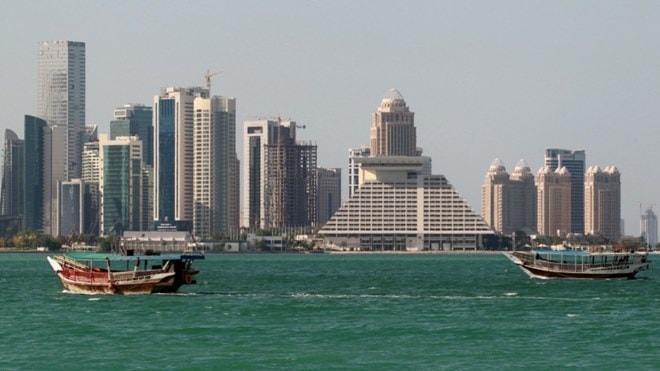 |
| A corner of Qatar's capital Doha. Photo: Reuters |
No one is willing to give up
The night of July 2 (local time) is the deadline that Saudi Arabia and its Gulf allies gave Qatar to implement the demands they made 10 days ago. Right before the deadline, according to Kuwait's KUNA news agency, the country received Qatar's response to the demands, requesting a 48-hour extension.
In fact, the agreement of Saudi Arabia and its allies to extend the time for Qatar was thanks to the request of the mediator Kuwait, specifically the Emir Sheikh Sabah Al-Ahmad Al-Jaber Al-Sabah.
Although Qatar’s foreign minister recently said that the country is ready to sit down at the negotiating table with its neighbors, the country has also reaffirmed its rejection of a series of demands from Saudi Arabia and its allies. Meanwhile, the Arab countries have firmly declared that the list of demands they have put forward is “non-negotiable.”
It should also be mentioned that the 13-point list of demands includes many requests that Qatar will find difficult to fulfill, such as closing the Al-Jazeera TV channel; stopping support for the Muslim Brotherhood (MB); closing the Turkish military base on Qatari territory; or downgrading relations with ally Iran.
So the question is, what does Qatar need another 48 hours to do? Can the situation be salvaged in just two days? According to observers, the most likely possibility is that Qatar is buying time to make last-minute diplomatic efforts.
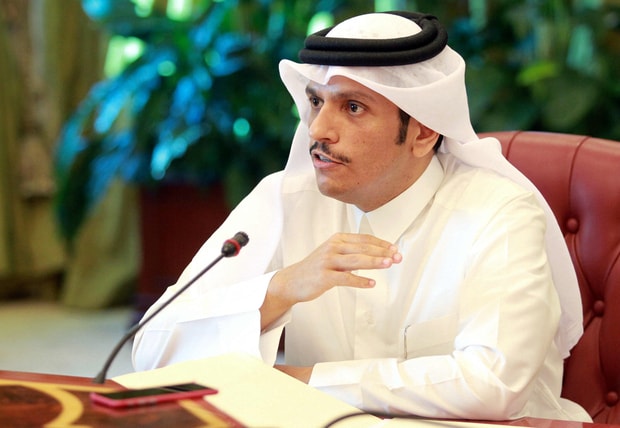 |
| Qatari Foreign Minister Mohammed bin Abdulrahman Al-Thani has been making diplomatic moves in recent days to seek support from the international community. Photo: Reuters |
Diplomatic efforts
Looking back over the past few days, within the 10-day deadline set by the Arab countries, Qatar has continuously taken diplomatic steps to seek support from the international community in the Gulf crisis. For example, last weekend, Qatari Defense Minister Khalid bin Mohammad al-Attiyah visited Turkey, held talks with his counterpart Fikri Isik and Turkish President Tayyip Erdogan on the issue of Türkiye's military base in Qatar, which is mentioned in the Arab countries' demands. Or on June 30, Qatari Foreign Minister Mohammed bin Abdulrahman Al-Thani promoted a meeting with representatives of non-permanent members of the United Nations Security Council at the Qatar Mission to the United Nations in New York (USA) to seek support.
Not stopping there, the draft agenda of the World Trade Organization (WTO) Goods Trade Council, published on June 29, also said that Qatar plans to bring the dispute with four Arab countries to the WTO.
In particular, Qatar is expecting the participation and voice of the US in this crisis. Although it is an ally of Saudi Arabia and the Arab countries, Qatar understands that the US absolutely does not want a real war to be ignited. Because of course, the interests and calculations of the US in the Middle East will be severely affected once the worst-case scenario occurs. The public must remember that on June 23, the new US administration showed signs of wanting to withdraw from this "mess", when it said that the diplomatic crisis was an "internal problem" of the Gulf countries.
However, it seems that the protracted situation has no end in sight, and the US has had to express its views and attitudes. Understanding this situation, Qatar has made efforts to approach the US to seek a positive mediating voice. On June 27, Qatari Foreign Minister Sheikh Mohammed bin Abdulrahman Al Thani visited the US and met with US Secretary of State Rex Tillerson in Washington DC. This was the first meeting between the two since the Gulf diplomatic crisis broke out.
In response, the US Secretary of State issued a statement expressing hope that the parties involved would engage in dialogue to resolve the situation in good faith. Previously, in an official statement on June 25, the US Secretary of State also stated that some of the conditions from Saudi Arabia would be “very difficult” for Qatar.
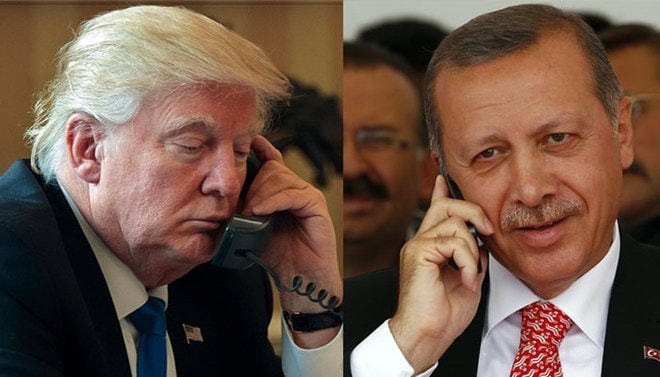 |
| The US and Türkiye are important voices in the Gulf crisis. Photo: Turkish Minute) |
Sprint
But clearly, such a “safe” statement from the US is not enough. On July 1, Qatari Foreign Minister Mohammed bin Abdulrahman al-Thani continued to urge the US to assert a more important role in the current Gulf crisis. The Qatari Foreign Minister’s statement took place in the context that US President Donald Trump seems to be turning to support Arab countries isolating Qatar, despite Washington having a large military base in this country.
It is clear that President Trump is in a very difficult situation, unable to completely stand on either side. If he speaks out in support of Qatar, it will be no different from destroying his recent efforts to warm relations with important ally Saudi Arabia. But if he stands on the side of the Arab countries, the US will only make the mess even more complicated, not excluding the worst-case scenario that could happen.
Meanwhile, on the Gulf countries' side, details of further sanctions against Qatar have not been revealed, but observers believe that banks in Saudi Arabia, the United Arab Emirates and Bahrain may have been instructed to withdraw deposits and interbank loans from Qatar.
Harsh additional sanctions could also be imposed to ban investors from holding Qatari assets. However, UAE Foreign Minister Anwar Gargash played down the possibility of an escalation of the diplomatic crisis, saying “the option is not escalation, but further isolation.” This could mean Qatar could be forced out of the Gulf Cooperation Council (GCC), which was formed in 1981 after Iran’s Islamic Revolution and the Iran-Iraq war.
But once the scenario of further isolation of Qatar occurs, the Qatar-Türkiye-Iran triangular relationship will inevitably become even closer. At that time, the already complicated geopolitical situation in the Middle East will become even more unpredictable.
As for the US, the government also understands that a prolonged crisis will not benefit any side. The most optimistic development at this time is that Qatar will make some concessions, accepting some not-so-serious terms in the demands, and the Arab countries will also de-escalate under pressure from the US and the international community. However, this scenario will be very unlikely to happen given the firmness of both sides. Therefore, within the 48-hour extension, not only Qatar, the international community and the US will have to make great efforts to find the most suitable solution to the current Gulf crisis.
Khang Duy
| RELATED NEWS |
|---|

